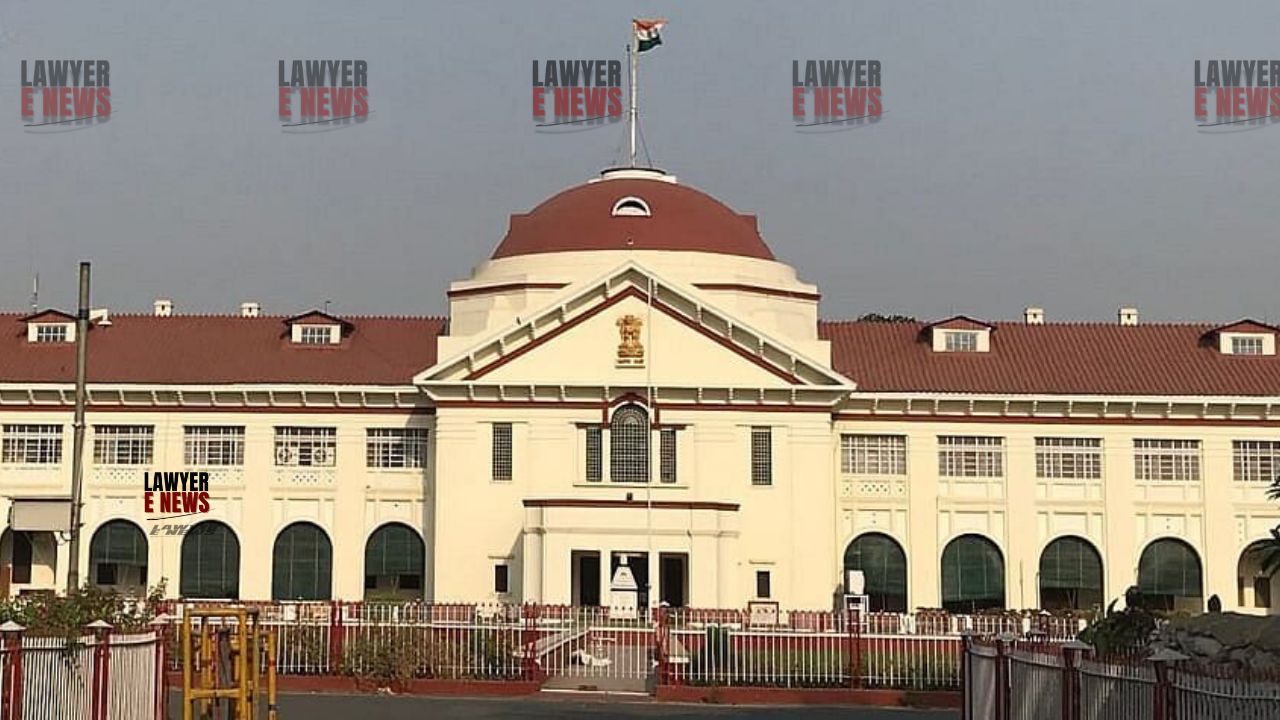-
by Admin
15 February 2026 5:35 AM



In a significant ruling, the Patna High Court upheld the reinstatement of a Bank of India employee who had been compulsorily retired over allegations of misappropriation of funds. The court affirmed the Industrial Tribunal’s decision, which found the disciplinary inquiry conducted by the bank to be deficient. The judgment, delivered by a bench comprising Chief Justice K. Vinod Chandran and Justice Partha Sarthy, highlighted the necessity of fair and proper inquiry procedures and the importance of duly authorized representation.
The case revolves around Sri Rajesh Kumar, a cashier at the Bank of India, who was accused of misappropriating funds deposited by two customers. Following complaints, a disciplinary inquiry was conducted, and the bank imposed a punishment of compulsory retirement. However, the customers whose money was allegedly misappropriated later submitted affidavits stating no grievances against Kumar, which were crucial in the Tribunal’s decision to set aside the punishment. The Industrial Tribunal initially found the inquiry flawed and directed the bank to adduce evidence, which the bank failed to do.
The court observed that the disciplinary inquiry conducted by the bank was not fair and proper. Key witnesses, including the customers whose funds were misappropriated, were not examined during the inquiry. The bank also failed to present additional evidence before the Tribunal after the inquiry was deemed defective. The court emphasized, “The Tribunal’s preliminary order finding the inquiry to be defective was not challenged by the bank, rendering this court helpless to overturn the decision.”
The affidavits from the complainants were another focal point of the judgment. The court noted that these affidavits, which played a significant role in the Tribunal’s decision, were merely letters and not sworn affidavits. One complainant admitted to keeping the money by mistake, while the other cited a misunderstanding. Despite their informal nature, these documents were unchallenged during the inquiry process, weakening the bank’s case.
The court extensively discussed the principles governing the adjudication of disciplinary inquiries by Tribunals. Referencing the Supreme Court’s ruling in Delhi Cloth General Mills Co. v. Ludh Budh Singh, the court reiterated that if an inquiry is found defective, the employer has the right to adduce evidence before the Tribunal to justify the disciplinary action. However, the bank did not avail itself of this opportunity, failing to challenge the Tribunal’s preliminary order or present further evidence.
Chief Justice K. Vinod Chandran remarked, “The negligence of the bank in not challenging the preliminary order of the Tribunal has rendered this court helpless, leaving no option but to uphold the Tribunal’s decision.” The court further stated, “Proper representation and the opportunity to present additional evidence are fundamental to ensuring a fair disciplinary process.”
The Patna High Court’s ruling underscores the critical need for thorough and fair disciplinary inquiries and proper procedural adherence by employers. By upholding the Tribunal’s decision to reinstate the employee with 50% back wages, the judgment highlights the judiciary’s commitment to due process and fairness in employment disputes. This decision serves as a reminder to employers about the importance of challenging preliminary orders and presenting comprehensive evidence in disciplinary proceedings.
Date of Decision: August 1, 2024
Bank of India vs. Union of India & Ors.
